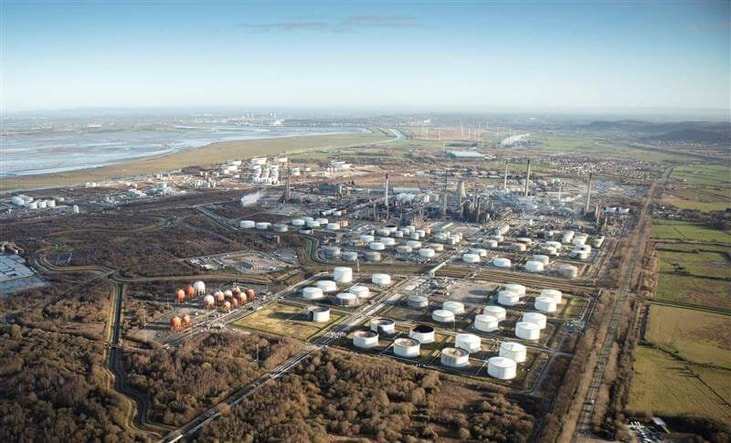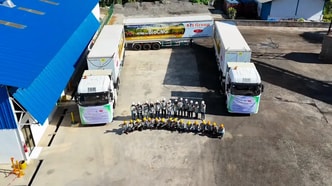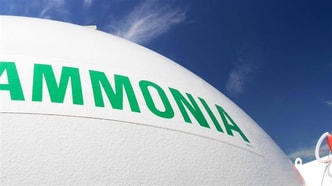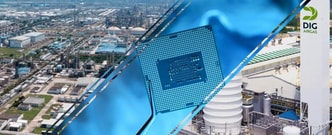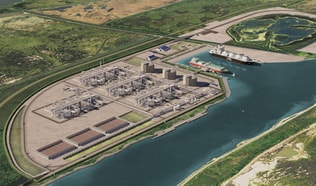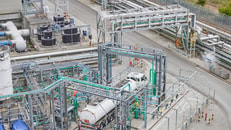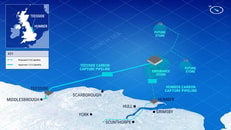Penspen wins HyNet CO2 pipeline engineering contract
UK energy consultancy Penspen has won a multi-million-pound contract from United Living Infrastucture Services to carry out the engineering design for the HyNet CO2 pipeline at Liverpool Bay, UK.
Penspen will lead the engineering phase for the onshore CO2 pipelines in the north-west of England cluster, as well as above ground installations which will transport captured carbon emissions from local industrial emitters to the Liverpool Bay CCS storage facility at Point of Ayr.
CO₂ will be transported through a combination of new assets and repurposed infrastructure.
... to continue reading you must be subscribed

